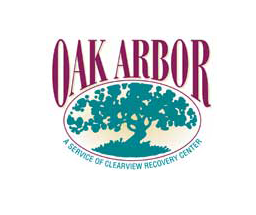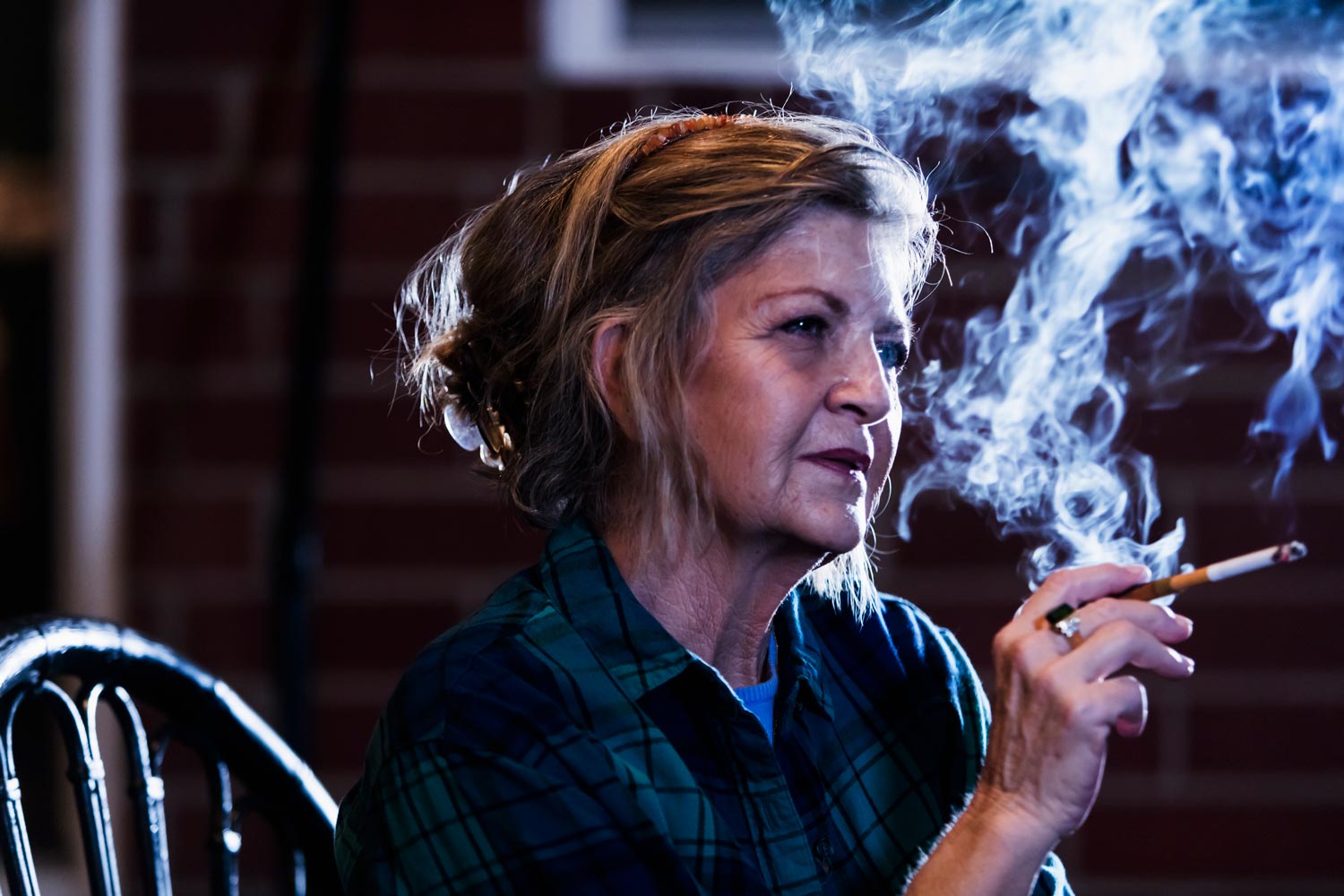Veterans and Service-Connected Substance Abuse Disorders
- By Admin
- •
- 18 Sep, 2018
- •
Fortunately, substance abuse programs available to veterans, including VA resources and those offered by private recovery centers, offer treatment to help combat the psychological and physical effects of addiction. Prevention, treatment interventions, and greater access to outpatient treatments and residential care all contribute to addressing the problem of substance abuse disorders.

Alcohol Dependence
Veterans returning to civilian life following active duty face many challenges, including finding employment, housing for their families, and social lives outside of the military.
The transition from the highly structured military environment to civilian life, which requires independent decision-making, can make it difficult to cope. Consequently, some veterans, especially young veterans, turn to alcohol to help them deal with life's daily stresses.
Reports show that young veterans between the ages of 18 and 25 have higher rates of substance abuse and dependence or other mental health problems than veterans aged 26 to 54.
The countless everyday choices the nation's returning military men and women must make add to the psychological strain foreign deployment can cause. That's why it's important for veterans to have access to resources that can help them transition back into civilian life.
The availability of counseling services for veterans who have suffered emotional and mental distress related to their assignments overseas is essential to preventing alcohol abuse upon their return home. If alcohol misuse due to stress, depression, or post-traumatic stress disorder is already a problem, extended treatment through alcohol and drug rehabilitation programs helps aid in their recovery.
Prescription Drug Addiction
Chronic pain is often an issue for veterans who've suffered traumatic injuries and take prescription painkillers to manage pain. Although opioids are effective in treating severe pain following serious injury or surgery, the drugs can lead to substance abuse and addiction. But the need for pain relief doesn't have to lead to addiction to opioids or other medications.
Along with psychotherapy, recovery programs often offer alternative treatments for controlling and reducing chronic pain.
Many programs integrate physical therapy, acupuncture, and yoga and mindfulness training into their treatment plans for helping veterans manage pain and overcome addiction.
Alternative treatment methods can benefit a person's overall psychological well-being, helping to improve the success of traditional treatment methods.
Antianxiety medication and sedative misuse are other substance abuse problems common among veterans. Doctors often prescribe benzodiazepines - also known as benzos - for anxiety and panic disorder. Sedatives, or hypnotics, can help veterans who have sleeping problems.
Benzodiazepines also help induce sleep when taken in higher doses than the amount usually prescribed to treat anxiety. Health care professionals sometimes use benzodiazepines to treat chronic insomnia. Although the sedative effect these drugs produce can make a person feel sleepy, if used longer than for a few days or weeks, dependence can develop, as it takes higher doses to get the same sleepy feeling.
Treatment Types
Whether a veteran suffers from coexisting anxiety and depression, insomnia, post-traumatic stress disorder, or other service-related mental disorder, drug rehab centers that treat veterans with substance abuse disorders offer individuals the care they need.
Programs a facility offers may include medical detoxification, medication-assisted treatment (MAT), residential and partial hospitalization programs, and outpatient services or aftercare programs.
If you suspect that a loved one recently discharged from the military has an addiction problem, contact Oak Arbor for help with veteran substance abuse. No former service member should have to rely on drugs and alcohol as a coping mechanism. Programs are available to treat the substance abuse and other mental health disorders that can negatively impact a veteran's life.





